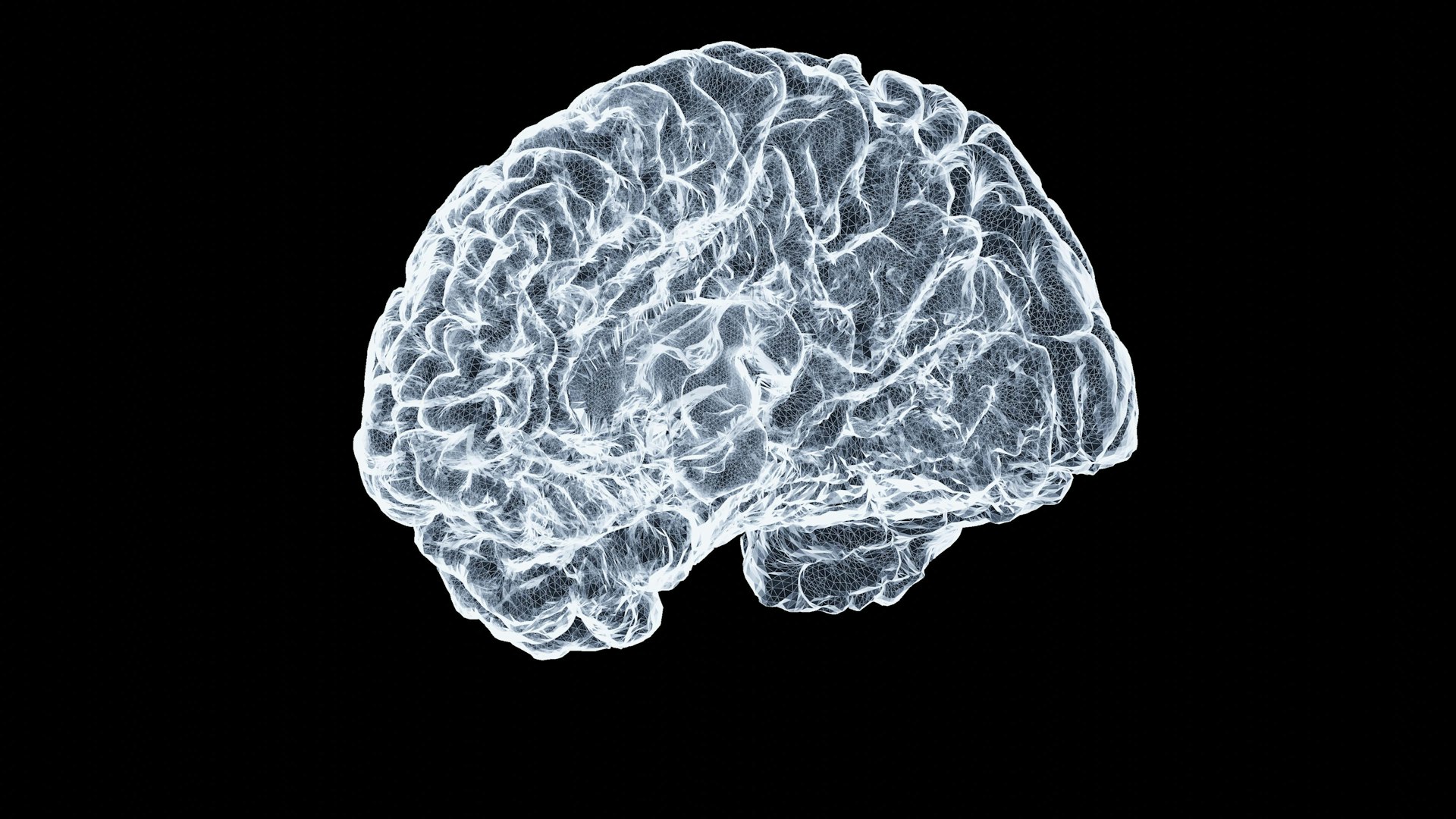Holistic Approaches to Mental Health: Pathways to Whole-Person Wellness

Photo by micheile henderson on Unsplash
Understanding Holistic Approaches to Mental Health
Holistic approaches to mental health focus on treating the whole person-mind, body, and spirit-rather than isolating symptoms or relying solely on medication. This philosophy recognizes that emotional, physical, and social factors are deeply interconnected and that sustainable mental wellness relies on addressing each aspect in tandem. The holistic model is increasingly embraced by mental health professionals and individuals seeking more personalized, integrative care options [1] .
Core Principles of Holistic Mental Health Care
At its core, holistic mental health care is grounded in the following principles:
-
Individualization:
Each person’s needs, background, and goals are unique, requiring tailored therapeutic strategies. -
Integration:
Physical health, nutrition, lifestyle, emotional support, and spiritual practices are woven together to promote well-being. -
Prevention and empowerment:
Building resilience, self-awareness, and healthy habits is prioritized alongside symptom relief. -
Collaboration:
Clients, providers, and even families work together to set and achieve personalized wellness goals [5] .
Common Holistic Therapies and Their Applications
Holistic mental health therapies span a broad spectrum of practices. Some are evidence-based and widely available, while others may be considered complementary or alternative options. Below are several core modalities and their typical applications, along with guidance on how to access them:
1. Mindfulness and Meditation
Mindfulness-based interventions
such as meditation, breathwork, and guided imagery are proven to reduce stress, lower symptoms of anxiety and depression, and improve cognitive function. These practices can be learned through:
- Local meditation groups or yoga studios (search online for “mindfulness meditation” plus your city)
- Mental health clinics that incorporate mindfulness into therapy sessions
- Free guided practices available on reputable health websites or through recognized mental health organizations
Studies show that even brief mindfulness training can yield measurable improvements in mood and stress management [3] .
2. Recreational and Expressive Therapies
Recreational therapy
and the expressive arts-including dance, drama, art, and music therapy-help individuals process emotions, build confidence, and improve communication. These therapies can be found in:
- Community mental health centers
- Rehabilitation facilities
- Specialized therapists who are licensed or certified in expressive arts
Implementing these therapies often involves participating in group workshops, individual sessions, or structured activities designed to foster relaxation, creativity, and social connection [2] .
3. Nutrition and Physical Wellness
There is mounting evidence linking physical health-including diet, exercise, and sleep-to mental well-being.
Holistic practitioners
often recommend:
- Consulting registered dietitians for nutritional guidance
- Incorporating regular physical activity, such as yoga, tai chi, or walking
- Addressing sleep hygiene and forming healthy routines
Many mental health clinics now offer integrated care with access to nutritionists or lifestyle coaches, and some insurance plans may cover these services. You can ask your primary care provider for referrals or search for “integrative mental health clinics” in your area [4] .
4. Somatic and Body-Based Practices
Approaches such as
yoga, tai chi, massage therapy, and somatic experiencing
address the mind-body connection. These methods can be helpful for trauma recovery, anxiety reduction, and emotional regulation. To access these therapies, consider:
- Joining local yoga or movement classes with instructors experienced in trauma-informed care
- Seeking licensed massage therapists who specialize in stress relief or mental health support
- Exploring somatic therapy providers through national directories or referrals from mental health professionals
Research supports the use of yoga and body-based therapies for managing symptoms of PTSD, depression, and substance use disorders [3] .
5. Energy-Based and Complementary Therapies
Some individuals find relief and balance through energy-based practices such as
Reiki, acupressure, and aromatherapy
. While scientific evidence varies, many report benefits in terms of relaxation and general well-being. If interested, look for:
- Certified practitioners with verifiable credentials
- Community wellness centers or integrative health clinics
It is important to consult with your primary mental health provider before adding complementary therapies to your treatment plan, especially if you are receiving medication or other clinical interventions [4] .
Personalizing Your Holistic Wellness Plan
Developing a holistic mental health plan requires thoughtful assessment of your current needs, challenges, and goals. Here’s a step-by-step guide you can follow:
-
Self-Assessment:
Consider your emotional, physical, and spiritual health. Note any recurring symptoms, stressors, or habits that may impact your well-being. -
Consultation:
Schedule an appointment with a licensed mental health professional or a primary care provider familiar with holistic strategies. Share your interests and concerns openly. -
Goal Setting:
Collaborate with your provider to set attainable, meaningful goals that reflect your values and lifestyle. -
Implementation:
Integrate selected therapies-such as mindfulness, nutrition changes, or physical activity-into your daily routine. Start with small, achievable steps. -
Ongoing Evaluation:
Regularly review your progress with your provider, adjusting your plan as needed. Be open to exploring new approaches if your needs evolve.
If you are unsure where to begin, consider searching for “holistic mental health providers near me” or contacting your local mental health association for recommendations. Many organizations offer free or sliding-scale consultations to help you get started.

Photo by Paolo Chiabrando on Unsplash
Examples and Real-World Applications
Consider the following scenarios illustrating holistic approaches in action:
-
Case Study – Anxiety Management:
A client struggling with anxiety incorporates weekly yoga classes, practices daily mindfulness meditation, and receives nutritional counseling. Over time, the client reports decreased anxiety symptoms and improved sleep patterns. Regular check-ins with a counselor help sustain these changes and address new challenges as they arise [1] . -
Case Study – Trauma Recovery:
An individual recovering from trauma participates in equine therapy, art therapy, and group support sessions. These integrative practices help rebuild trust, self-esteem, and emotional regulation. The supportive environment fosters sustained progress and community connection [2] .
These examples highlight how holistic approaches can be adapted to fit diverse needs and preferences, offering flexible, client-centered pathways to healing.
Potential Challenges and Considerations
While holistic therapies can be highly beneficial, there are some important considerations:
-
Access and Cost:
Some holistic treatments may not be covered by insurance. Many communities offer free or low-cost programs; check with local nonprofits or mental health associations for options. -
Evidence Base:
While practices like mindfulness and yoga are well-supported by research, others (such as energy therapies) have a less robust evidence base. Always discuss new therapies with your provider and seek practitioners with credible qualifications. -
Integration with Conventional Care:
Holistic approaches are most effective when integrated with traditional mental health care. Do not discontinue prescribed medication or clinical treatment without medical guidance [4] .
Alternative Pathways and Additional Resources
If you are looking for additional holistic mental health support, consider:
- Contacting nationally recognized mental health organizations such as the National Alliance on Mental Illness (NAMI) or Mental Health America for referrals and educational materials.
- Exploring community centers, nonprofit organizations, or local support groups that offer holistic wellness workshops.
- Speaking with your healthcare provider about integrative medicine options available in your area.
Key Takeaways
Holistic approaches to mental health provide a comprehensive pathway to wellness by addressing mind, body, and spirit. By incorporating mindfulness, expressive therapies, nutrition, physical activity, and complementary practices, individuals can build resilience and achieve sustainable healing. For best results, work closely with licensed professionals and stay informed about both established and emerging therapies. Remember, help is available-start by reaching out to trusted providers or mental health organizations in your community for guidance and support.
References
- Footprints to Recovery (2023). Holistic Mental Health Therapies That Can Improve Your Life.
- Bamboo Health (2023). Holistic Mental Health Treatment Methods.
- Healthline (2023). Holistic Therapy: What It Is, Benefits, and Precautions.
- Northern Kentucky University (2023). A Holistic Approach to Mental Health.
- Shafran, R. (2017). Interventions to Support Integrated Psychological Care and Holistic Approaches. National Institutes of Health.
MORE FROM yourscholarshiptoday.com













